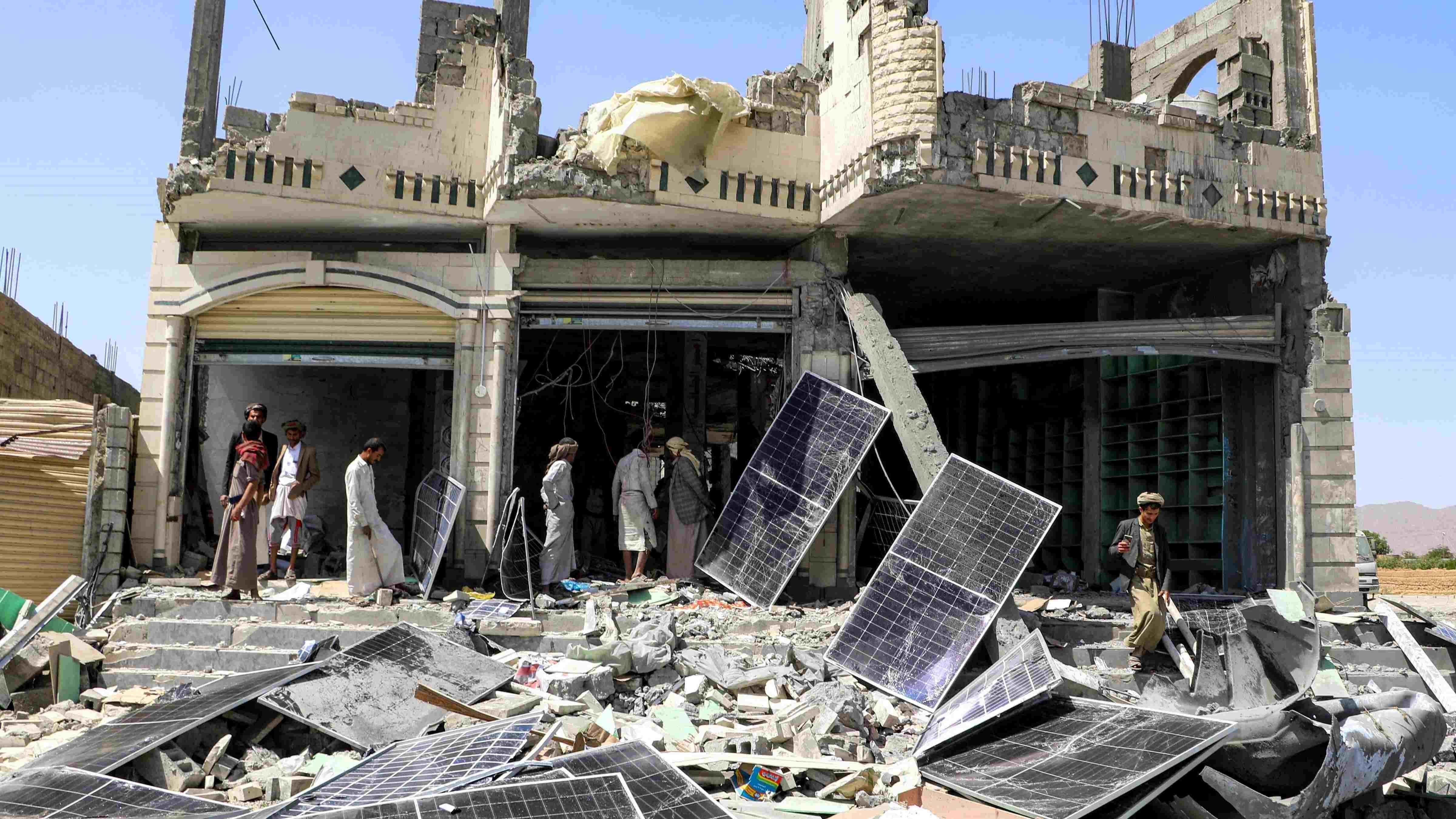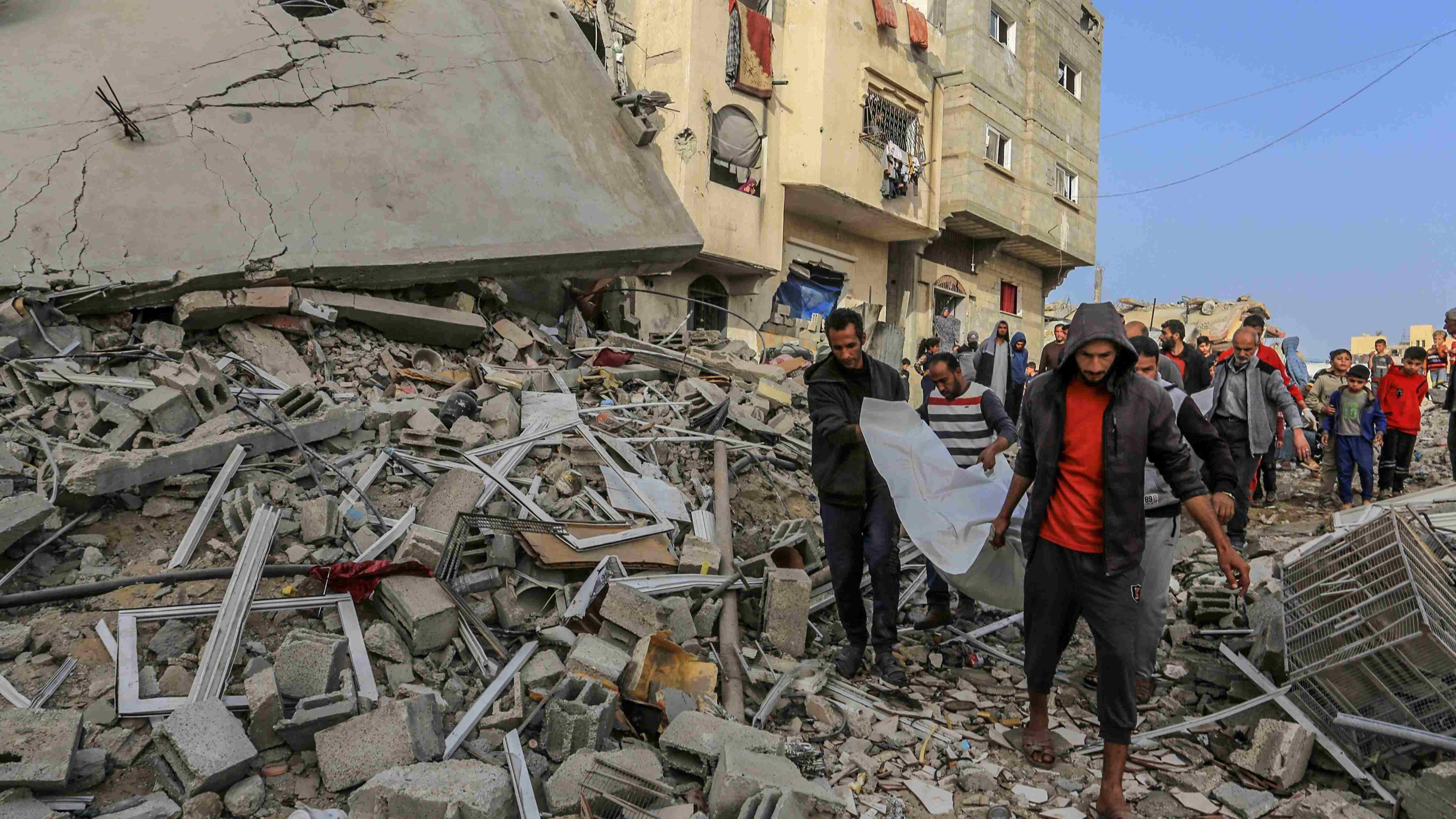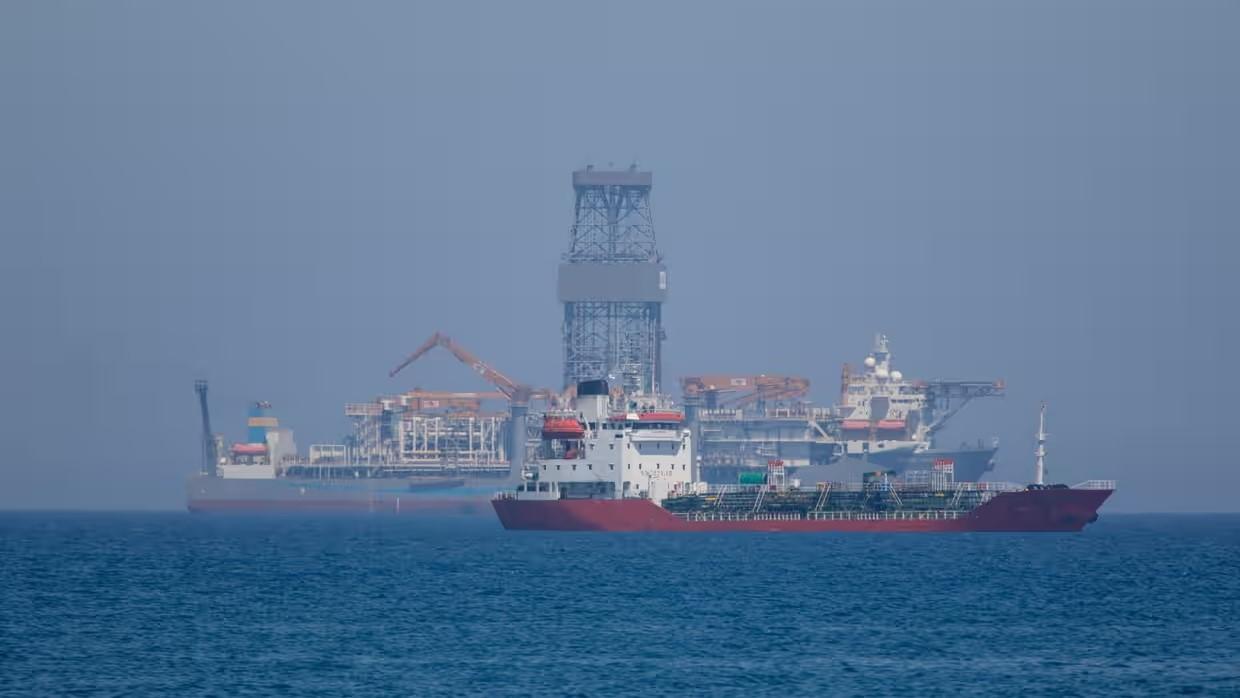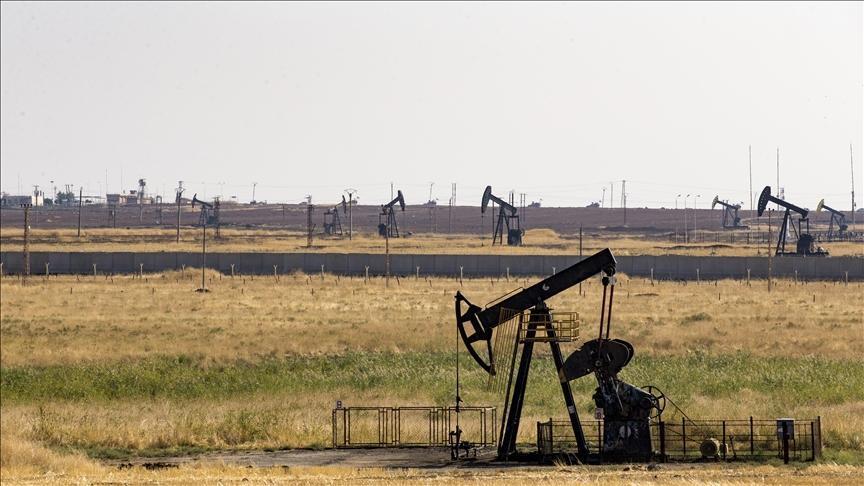Antalya eyes 5 mln Russian tourists in 2017
ANTALYA
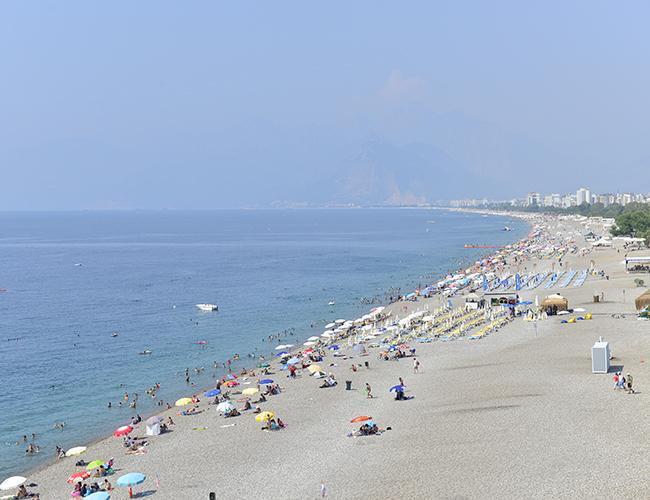
The number of Russian tourists traveling to the Mediterranean resort of Antalya will hit 5 million by the end of this year, a tourism association claimed on Oct. 24.
Mediterranean Touristic Hoteliers’ Association Erkan Yağcı said these figures indicated a much stronger tourism season this year compared to 2016 in the province.
Speaking at the Turkey-Russia Media Forum, Yağcı said Antalya’s tourism growth was up 60 percent compared to 2016.
The region’s best years in tourism - 12 million visitors in the 2014-2015 season - were almost matched by 2017’s performance and could be exceeded by the end of the year, he added.
The resort was badly hit by a diplomatic crisis between Turkey and Russia in 2016, after Turkey shot down a Russian jet on the border with Syria. During the crisis Russian arrivals plunged nearly 85 percent in 2016 compared to the previous year.
At the forum, Turkish and Russian tourism representatives discussed how to further boost to the tourism ties between the two countries.
Atlas Global Chair Murat Ersoy said scheduled flights between Turkey and Russia must be increased.
“Most importantly, the visa-free regime should be resumed to boost the arrivals from Russia to Turkey,” he said, adding that a “passport-free regime would be even better.”
Ersoy, whose airline has flights from 14 destinations in Russia to Antalya, also recommended the use of local currencies in tourism ties between the two countries.
Regarding visa liberalization, the head of the Public Forum of the Federal Agency for Tourism (Rosturizm), Sergey Markov said Moscow was open to discussing this, while stressing that security concerns mainly arising from the war in nearby Syria must be resolved.
Markov also said Turkey’s health services and insurance services to Russian tourists should be increased.
“In addition to this, the number of Turkish tourism workers who know Russian language must be raised. Even in hotels where 90 percent of the guests are Russians there are often not any workers who speak Russian,” he added.


